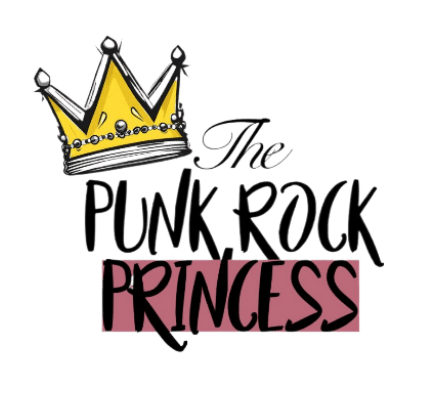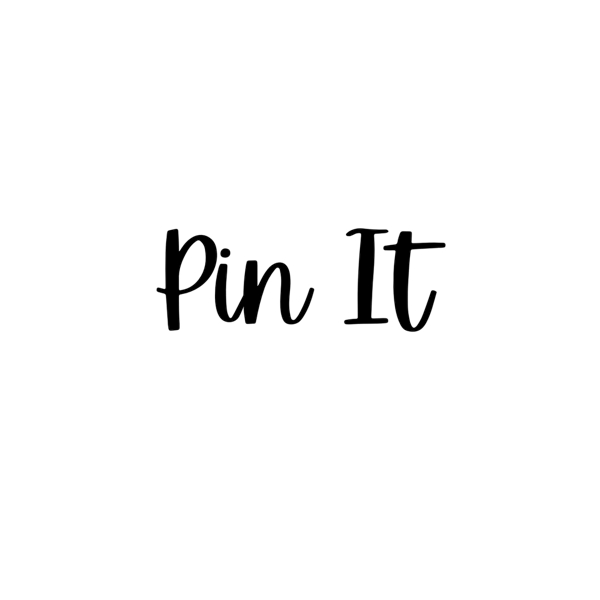Ah, Dry January—the month where cocktails get swapped for kombucha, bar carts collect dust, and sparkling water suddenly feels like fine champagne.
It’s not exactly a new trend, but 2021 (and every year since) has given it fresh energy. After months of blurred lines between “work” and “life”, pouring that glass of red wine at 6 p.m. became more than just a ritual—it became the marker of the day’s end. Comforting? Yes. A little worrying? Also yes.
Dry January is about pressing pause, giving yourself a reset, and—most importantly—reflecting on your relationship with alcohol. It’s not about perfection or proving you can tough it out. It’s about exploring what life feels like when booze isn’t the default.

Why Dry January matters
Let’s be real: alcohol and health aren’t exactly best friends. Even moderate drinking ups the risk of heart disease, strokes, and other nasty outcomes. So while no one says a glass of wine now and then is a crime, almost everyone could benefit from stepping back and asking, “Why do I drink?” Do I even want to?
Dr Joseph R. Volpicelli explains it simply:
“A large number of people have relied on alcohol to cope with stress or boredom, or because working from home leads to an increased chance of drinking. That is why Dry January may lead to a deeper reflection on their beverage relationship.”
Translation? It’s less about the one month and more about what you learn from it.
1. Out of sight, out of sip
If you’ve been living in Zoomland for the past few years, chances are you’ve rearranged your space for work, workouts, or just sanity. Apply the same thinking to alcohol.
Author Hilary Sheinbaum (The Dry Challenge) says the trick is simple: keep your stash out of sight. Isn’t that bar cart stunning? It’s basically temptation on wheels. Please relocate the bottles to a closet, or if possible, consider storing them at a friend’s place.
By the time January ends, you might realise that the fancy gin display takes up more space than it’s worth. And honestly? Mid-century chic isn’t worth the hangover.

2. Create new rituals.
Let’s face it—half the fun of drinking is the ritual. We are meeting friends, clinking glasses, and winding down. Take the alcohol away, and you risk feeling… well, bored. That’s why Dry January is the perfect excuse to build new rituals. Grab a buddy to do the challenge with you. Swap wine nights for long walks, board games, or trying out new recipes. Accountability + fun = win.
Sheinbaum herself started her first Dry January as part of a bet with a friend. Spoiler: she won, and it kick-started a whole lifestyle shift.

3. Find your zero-proof go-to.
Gone are the days when “not drinking” meant sipping a sad soda with lime. The alcohol-free scene is booming. From Heineken 0.0 and Athletic Brewing to Seedlip’s botanical blends, there are endless ways to keep your hands busy and your taste buds happy.
Do you dislike creating sophisticated mocktails? No worries. Plenty of premade options taste just as delicious poured over ice. The best part is that you still get the experience of sipping something special—without the hangover.
If you’re curious about how booze and culture collide (and sometimes go very wrong), you’ll love this read on rock stars, music icons, alcohol and drug overdose. It’s a reminder that even legends aren’t immune to the darker side of drinking.
4. Journal your journey.
Dry January isn’t just about what you don’t drink—it’s about noticing what changes when you don’t. Keeping a journal can help you track the subtle wins: better sleep, less anxiety, maybe even glowing skin.
Write down how you feel on Day 1, Day 10, and Day 30. Compare how mornings feel after “just one glass” of whisky versus a night without. You might be surprised at what you discover.
Not into journaling? Apps like Streaks or I Am Sober gamify your progress and give you that sweet dopamine hit every time you log another day.

5. Remember—it’s not magic
Here’s the truth bomb: one sober month won’t erase years of drinking. You won’t wake up on February 1st with a brand-new liver. But that’s not the point.
The point is reflection. Dry January is your chance to take stock, to ask the big questions: Why do I drink? What role does alcohol play in my life? Could I be happier drinking less?
It’s not a cure—it’s a mirror.

Why the journey matters more than the destination
Think of Dry January less as a challenge and more as an experiment. At worst, you skip a few cocktails. At best, you uncover healthier habits, save money, sleep better, and prove to yourself you can break routines that don’t serve you.
And who knows? You may discover that a sparkling elderflower tonic hits the spot just as much as Sauvignon Blanc. (Speaking of which, if wine is your weakness, this deep dive into the flavours of wine will give you a fresh perspective on why we love it so much.)
The final pour (or not)
Dry January isn’t about punishing yourself. It’s about curiosity, balance, and hitting reset. By removing alcohol for a month, you give yourself the gift of perspective.
So whether you make it the full 31 days or not, remember: the win isn’t the destination. It’s the journey. The habits you test. The rituals you build. The insights you gain.
And who knows? You might just carry some of that magic well past January.















